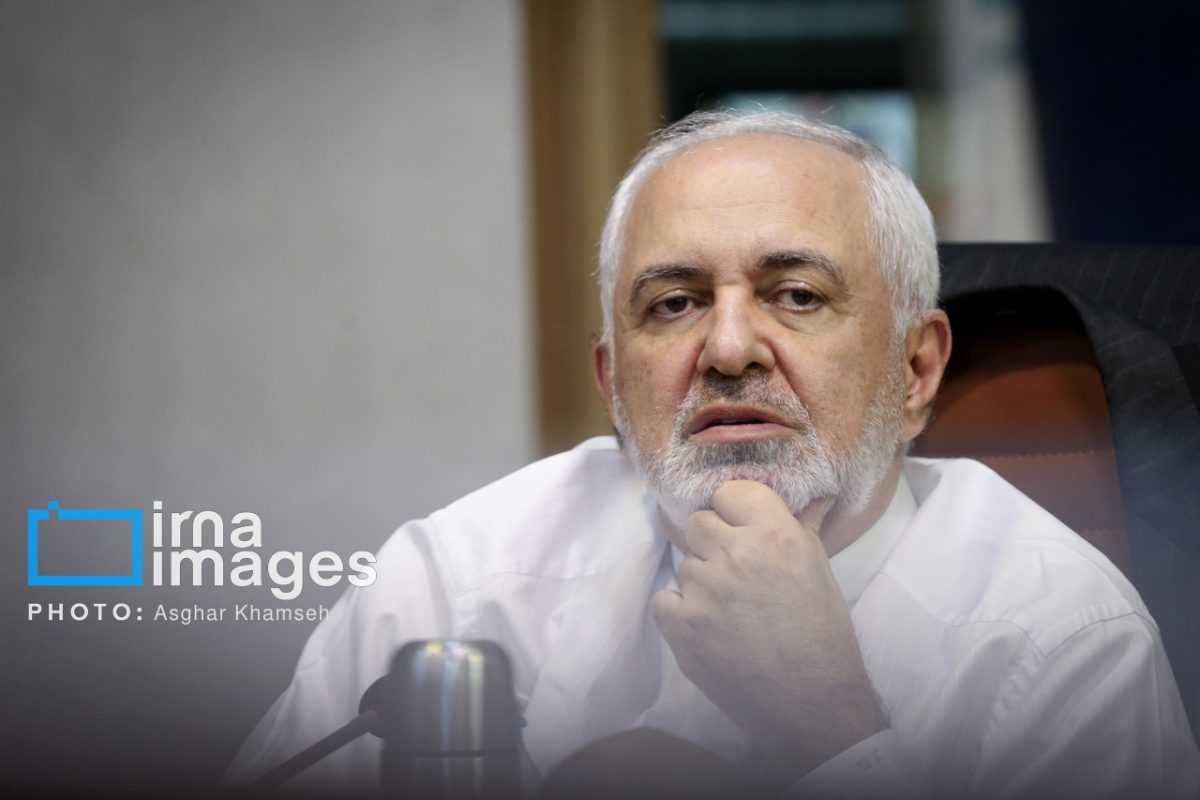Zarif acknowledged that discussions around deterrence, particularly nuclear deterrence, have long existed among scholars and officials.
He noted that while some believe nuclear weapons could enhance security, others argue that such weapons create widespread insecurity.
Zarif pointed out that since the issuance of a fatwa (religious decree) by the Supreme Leader, declaring nuclear weapons as religiously forbidden, Iran’s strategic and religious approach has aligned with this position.
“The Supreme Leader’s stance on this issue has been clear, both from a religious and strategic perspective,” he said.
He emphasized that the debate between proponents and opponents of nuclear deterrence is not new, recalling discussions in the 1990s following India and Pakistan’s nuclear tests.
Zarif noted that these two perspectives—whether atomic weapons enhance security or foster insecurity—have coexisted both in Iran and globally for decades.
Recently, Iranian lawmaker Hassanali Akhlaghi Amiri stated that 39 members of Parliament had written to the Supreme National Security Council, urging a reconsideration of Iran’s defensive doctrine in light of regional developments.
